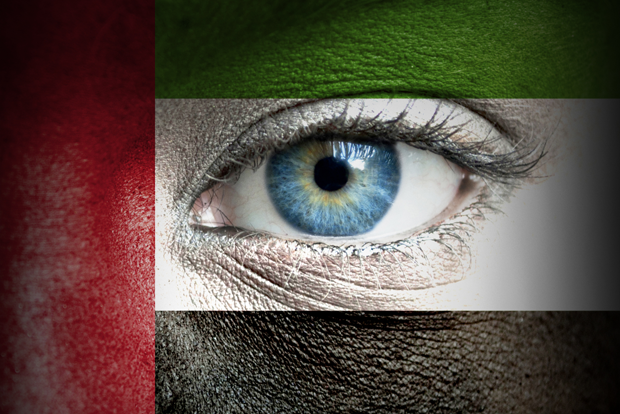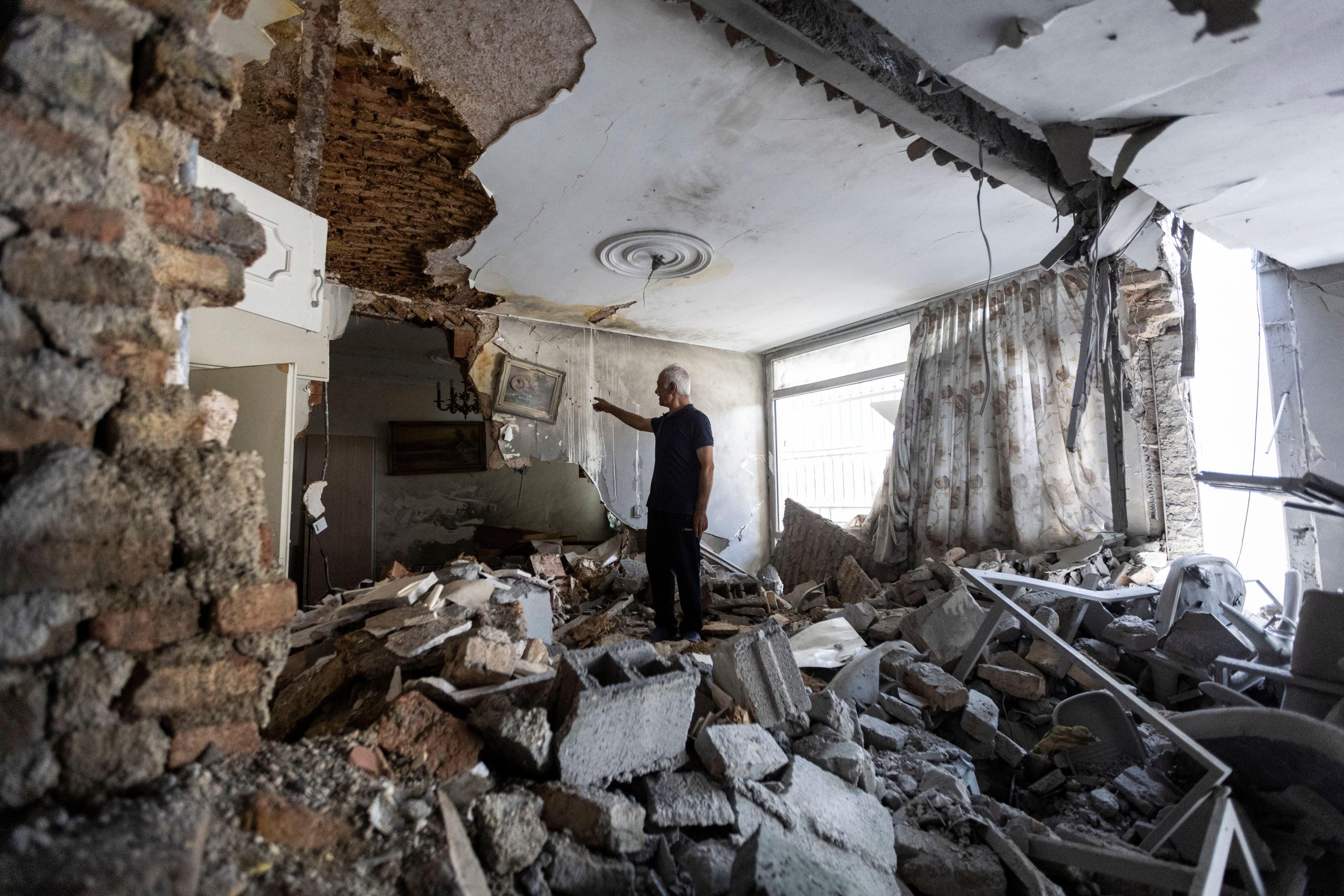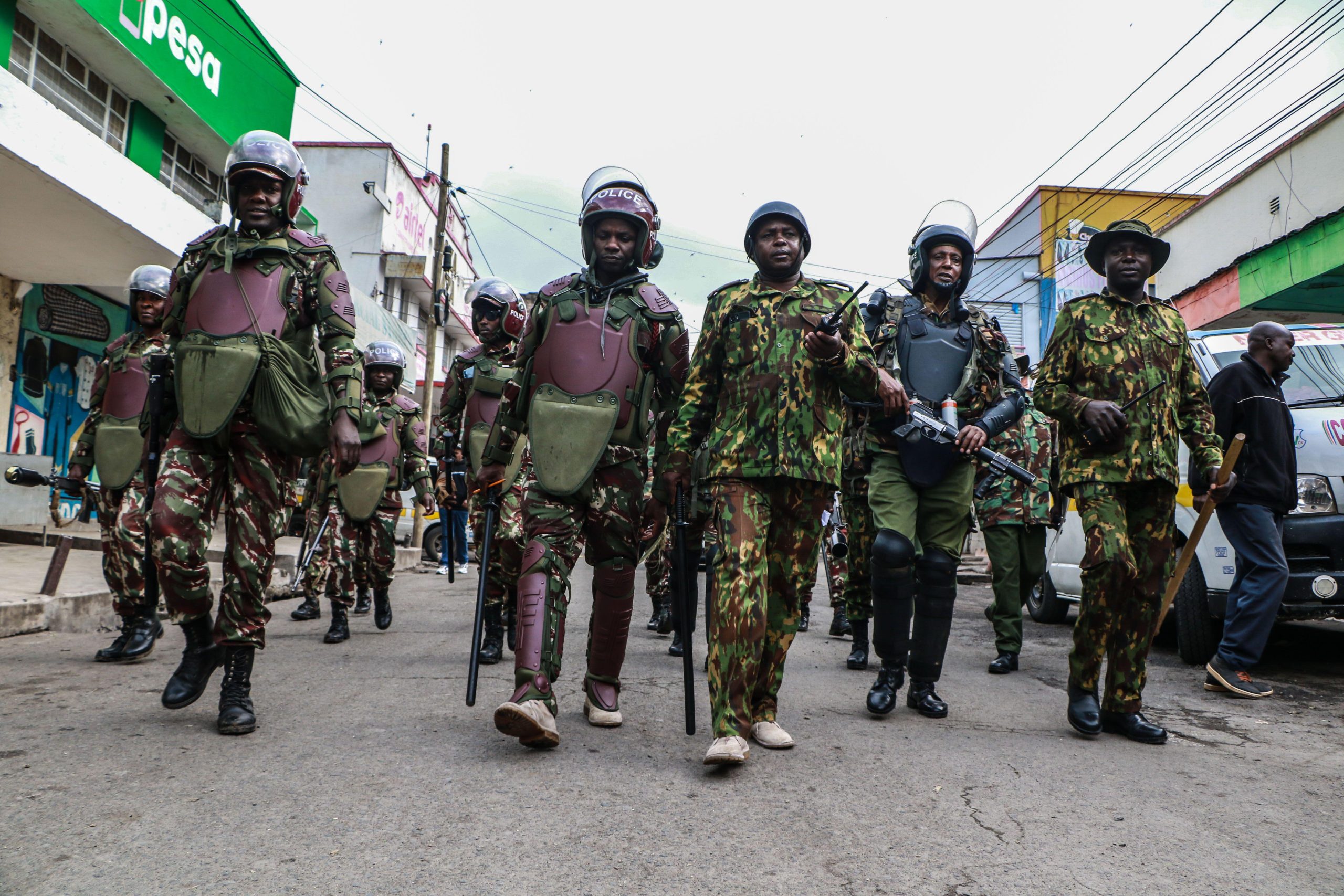
(Photo illustration: Shutterstock)
On 3 March 2011 a group of Emirati intellectuals sent a petition to the country’s rulers that politely requested democratic reform and political participation. Authorities have responded by spending the past three years jailing and torturing those who supported the petition. Now citizens are using social media platforms to criticise security services for growing levels of repression with authorities responding in kind by arresting and torturing them.
Since punitive legislation governing use of the internet was passed in November 2012 at least six people have been sent to prison for comments made on Twitter. The latest to be convicted are Khalifa Rabeiah and Othman al-Shehhi who were both sentenced to five years in prison and ordered to pay fines of £81,875 on 10 March for criticising security services on Twitter.
The story for these two men has become a predictable one for those who dare to criticise authorities in the United Arab Emirates (UAE). They were arrested on 24 July and spent at least six months detained at an unknown location where they say officers tortured them and denied them access to a lawyer. Their families desperately sought information about the reason for their detention but were told by the attorney general’s office that no warrant had been issued for their arrest, so they could not help.
The only available information about their arrest came from the government-linked television channel 24.ae, which broadcast a report analysing Rabeiah’s Twitter account. They accused him of sedition based on his use of hashtags that demonstrated support for jailed political prisoners. There is no information detailing the offending comments made by al-Shehhi, although he used the same hashtags as Rabeiah on his account.
Both men are members of al-Islah, an organisation linked with calls for political reform, and used Twitter to show solidarity with jailed members of their colleagues. The hashtag they used most, “Free Emirates”, has been active for the past three years since the authorities began to arrest political activists with a particular focus on members of al-Islah.
As authorities continue to arrest people for comments made on social media this crackdown increasingly resembles a rather frightening incarnation of Whac-A-Mole. Immediately after news was released of these latest convictions hashtags sprang up in support of both men, with Twitter users criticising security services and calling for political prisoners to be released.
It is clear that repression is fuelling dissent and with repression on the rise criticism will only increase in its intensity. These men may be deprived of their means to criticise but their jailing has sparked a wave of renewed anger at security services. Each arrest, every allegation of torture and the conclusion of more political show trials simply serves to make the problem more complicated and unsolvable for authorities.
Even the international community has started to take notice of what is happening in the UAE. Following a country visit in January a United Nations (UN) expert published a report calling for an investigation into torture and described the country’s judiciary as being under the control of the executive. The security services might not be able to arrest the UN representative but it is unlikely she will be allowed to visit again, as is the case for several Human Rights Watch employees who were banned from the country earlier in the year.
Khalifa Rabeiah and Othman al-Shehhi spoke out on Twitter because political activists were being tortured and subjected to unfair trials. In so doing they suffered the same fate, becoming two more names on a lengthening list of political prisoners. It is unclear how this crackdown will conclude but it is increasingly apparent that the threat of imprisonment has failed to prevent people from criticising repression and with each new arrest authorities create many more political opponents.
This article was posted on March 13 2014 at indexoncensorship.org




